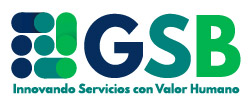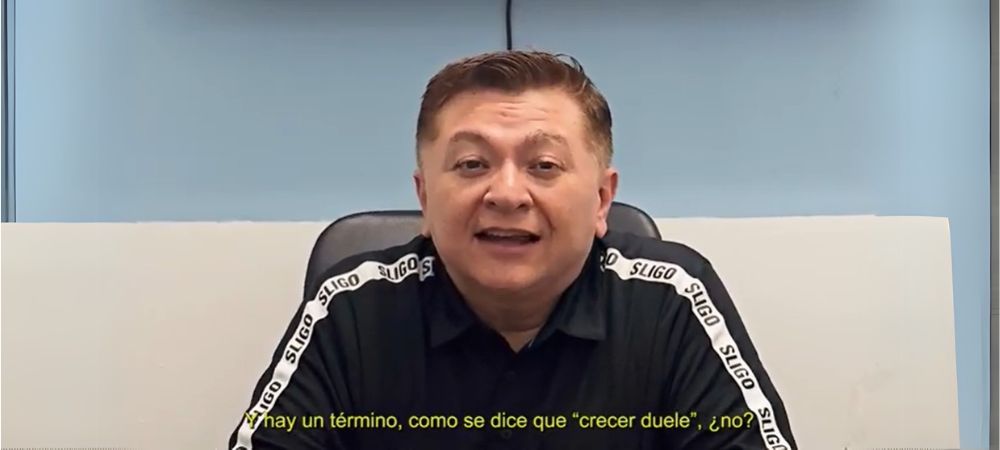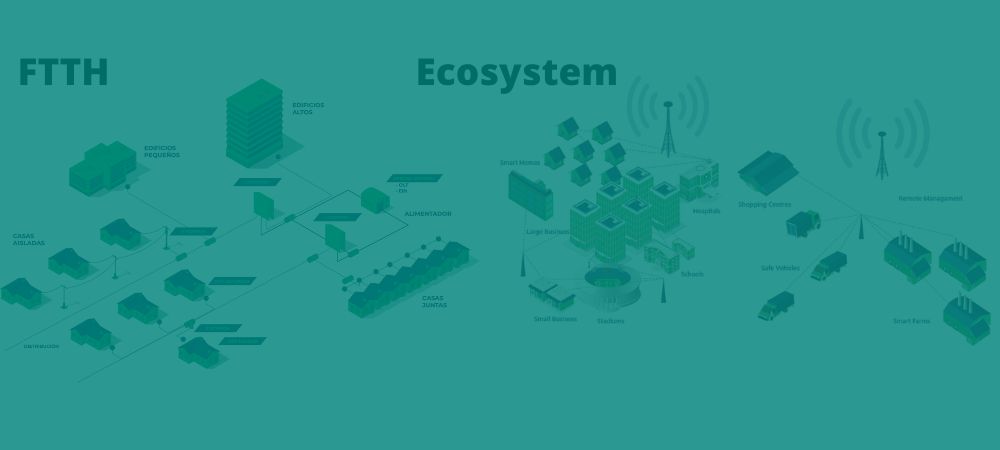 The concept of equipment has evolved considerably. A good team performs with autonomy and efficiency to deliver quality products and value to the organization.
The concept of equipment has evolved considerably. A good team performs with autonomy and efficiency to deliver quality products and value to the organization.
Team members share common, clear and relevant objectives, focus on how to be more cohesive, eliminate waste and increase their performance, making continuous improvement and the pursuit of excellence their own.
A good team develops in a climate of trust and respect where each member feels listened to and important. To increase their levels of collaboration and multidisciplinarity, they strive to have teaching and learning activities, seeking to have everything they need to deliver a requirement from start to finish.
A team requires time to mature and strengthen its technical and relational competencies, learn from its mistakes, be reliable and predictable, and for that it needs to be stable and dedicated to become a true Team.
To accelerate this process, teams need to have a Coach who works at the service of its members, raising what is known as the TERA coefficient (Tribe, Expectations, Rank, Autonomy), which means strengthening a work philosophy and a climate of trust so that each person feels in their Tribe, in family, with the Expectation of having a solution to most of their problems and certain clarity in the future so as not to feel threatened, with sufficient Rank and importance to be listened to and exert influence, and the Autonomy to carry out their work and improvement proposals.
The role of the boss or manager changes from a hierarchical format, where bosses solve the problems of the teams, to a transversal format, where their main function is to influence and inspire, empowering the teams so that they are the ones to propose solutions and solve their challenges.
These changes demand new leadership skills, oriented to empower, encourage, challenge, train and motivate the people and Teams with whom the company’s objectives are developed and achieved, understanding that his job as Team Coach is not to manage tasks, but to develop people, promoting collective autonomy, what is best for the Team and not for a particular individual, allowing the Team to experiment and take responsibility for their actions, turning mistakes into moments of learning and maturity.
Finally, the Coach knows that the Team needs time to become a real Team, so he/she will know how to be patient and understanding, supporting the Team at all times.
Do you want to be a Coach for your Team? Would you like bosses and managers to coach your team?
You can continue to deepen these ideas with the following readings:
- Become the Agile Leader Your Organization Needs – Blog | Planview
- Management 3.0: Agile Leadership – “Lead by example”.
- Create your tribe and empower your team – Growlia The platform to turn your managers into inspiring leaders.
- 4 letters to achieve more with the company | EOS implementer | Deutschland, Schweiz, Spain
- How to create predictable teams with Agile Methods
- Is it good to have stable equipment? (let’s not constantly rotate people) – Javier Garzas
- What is team coaching? | Resulta2
María Esther Remedios
@soy.agile.coach




